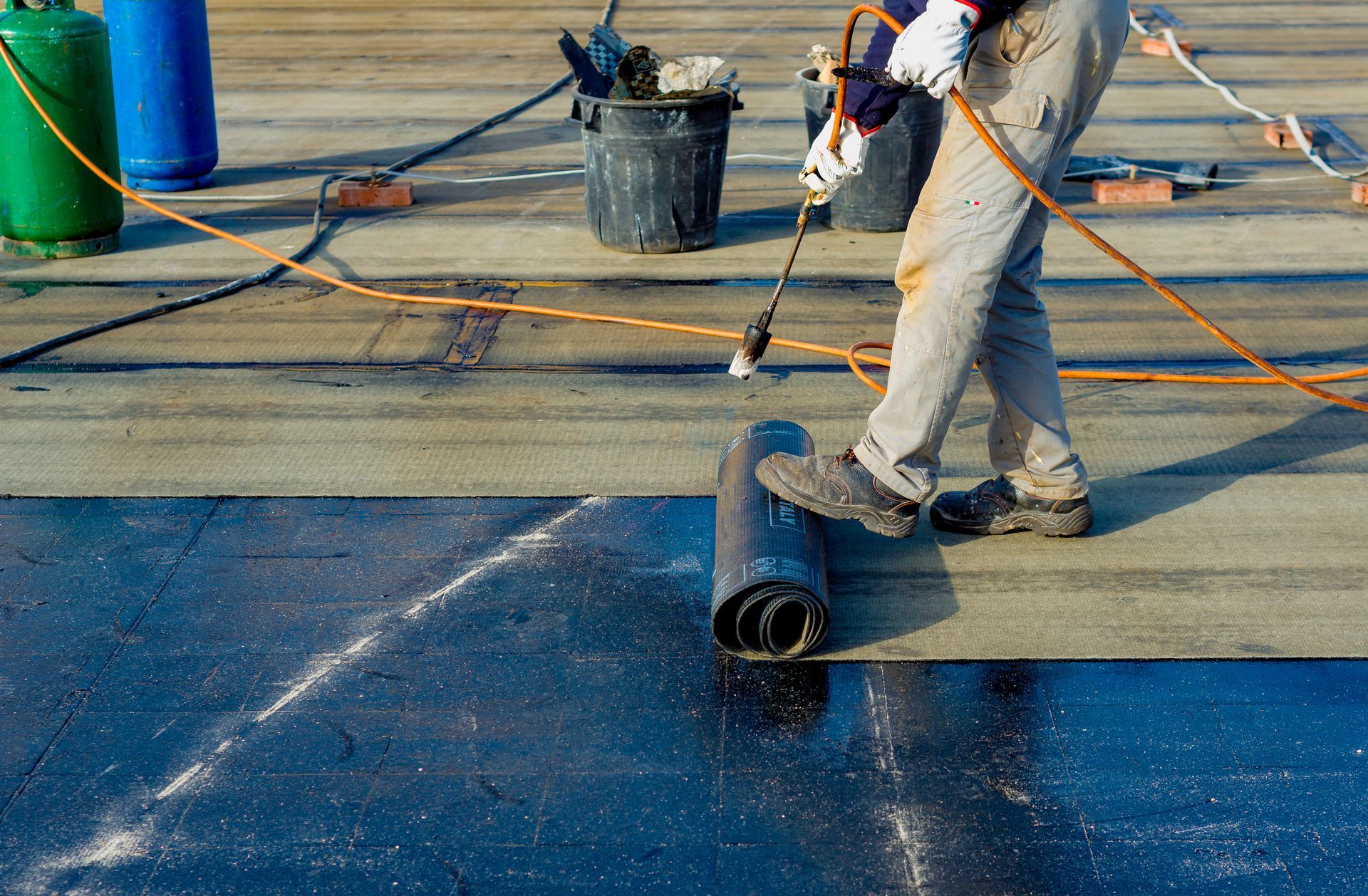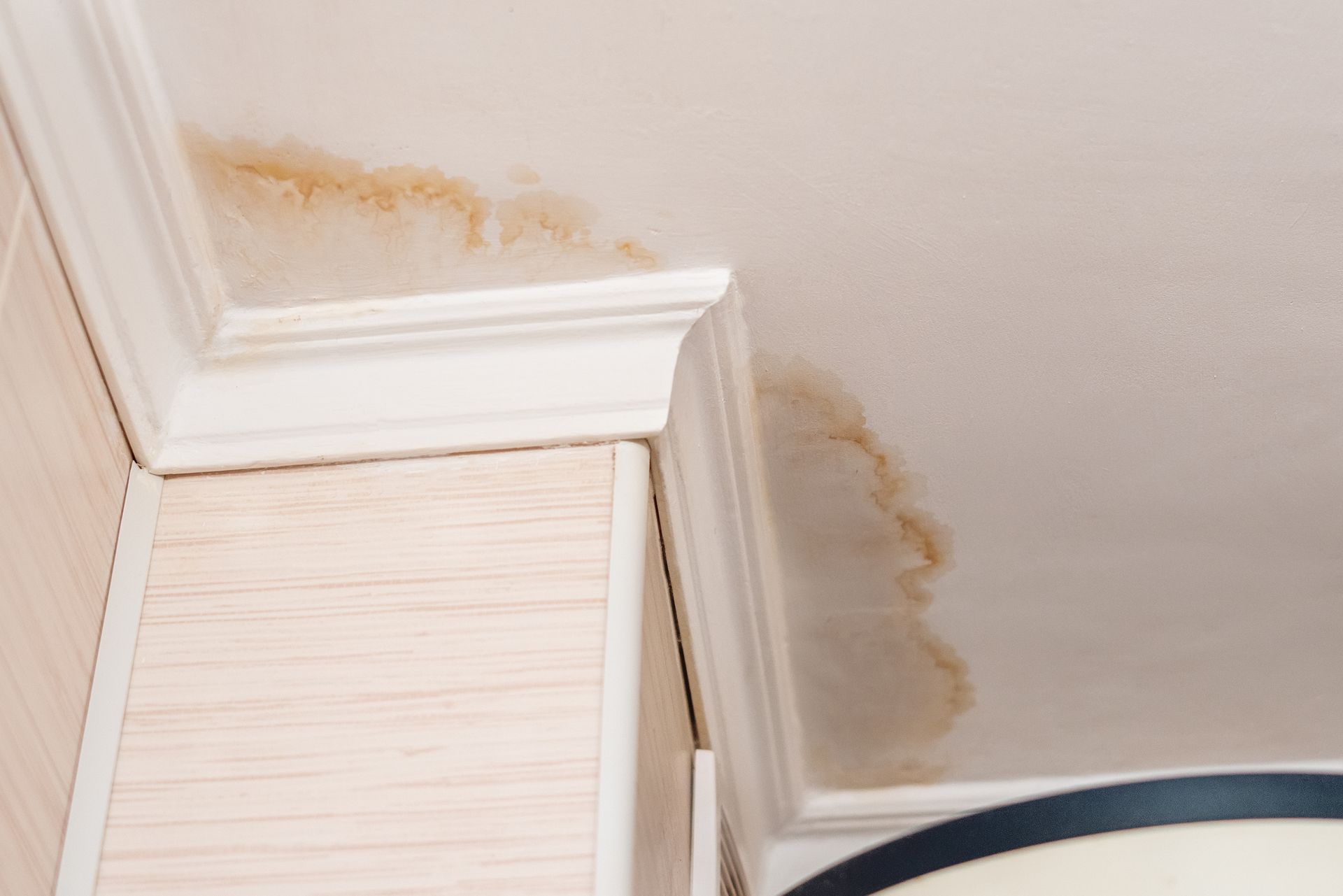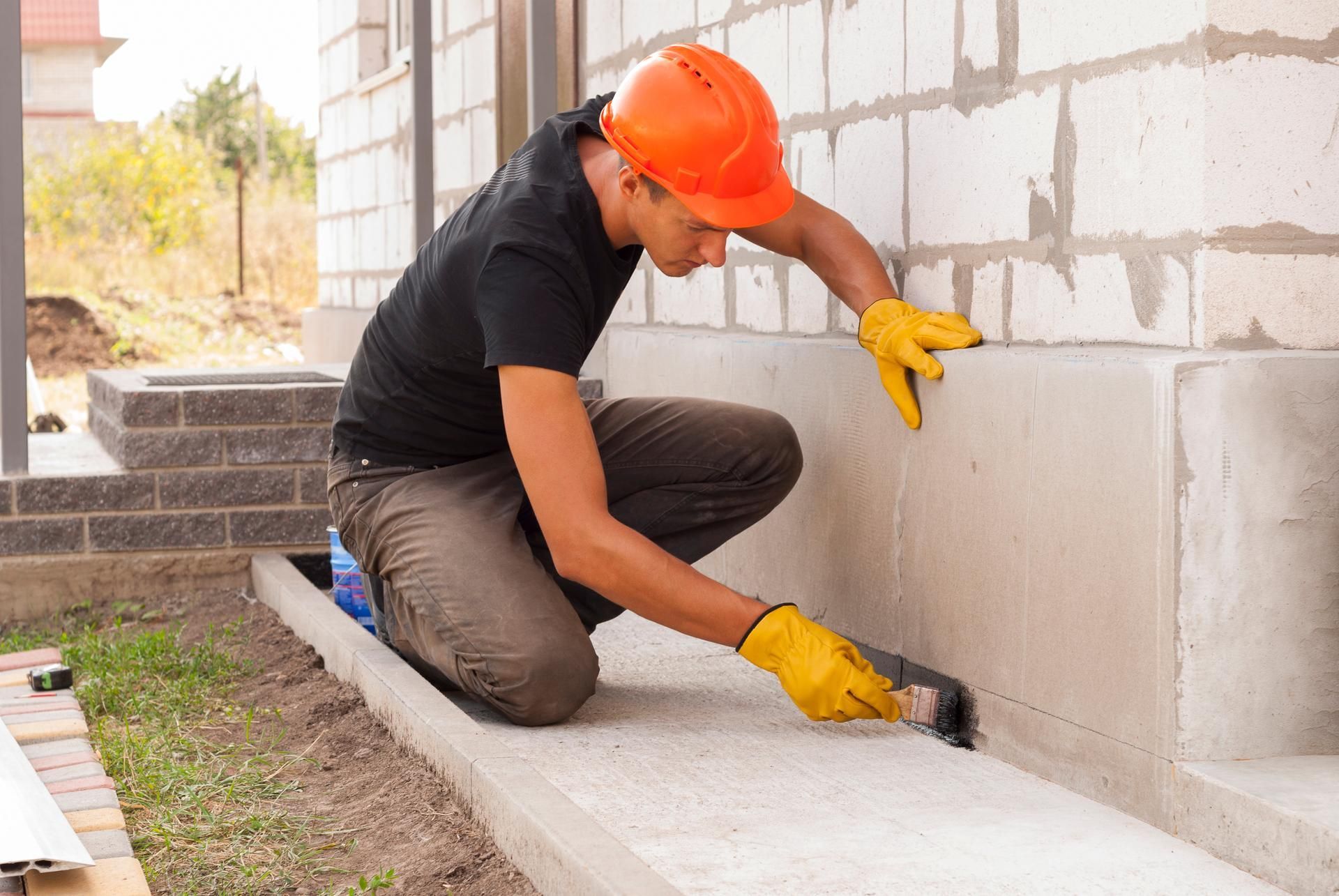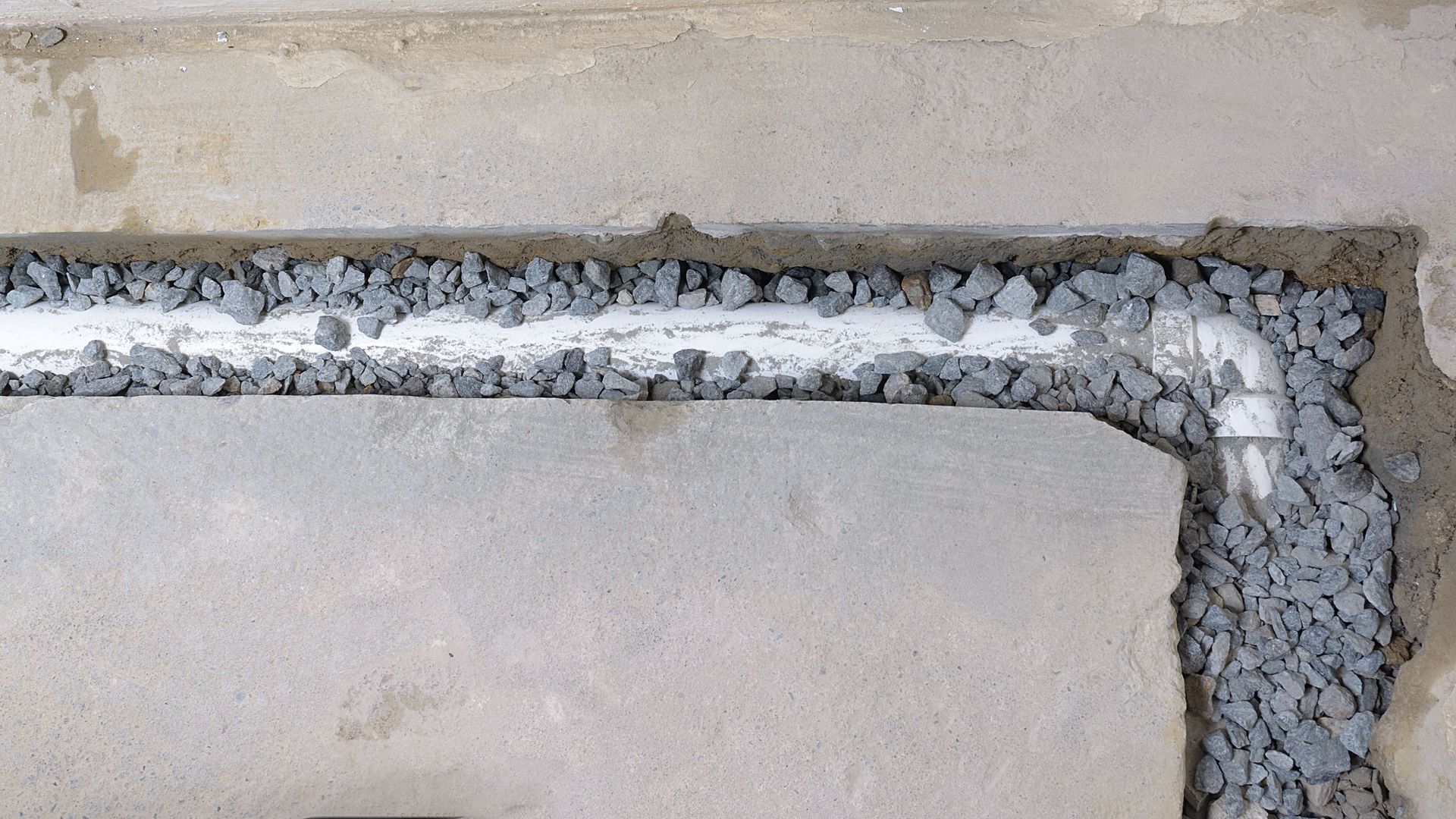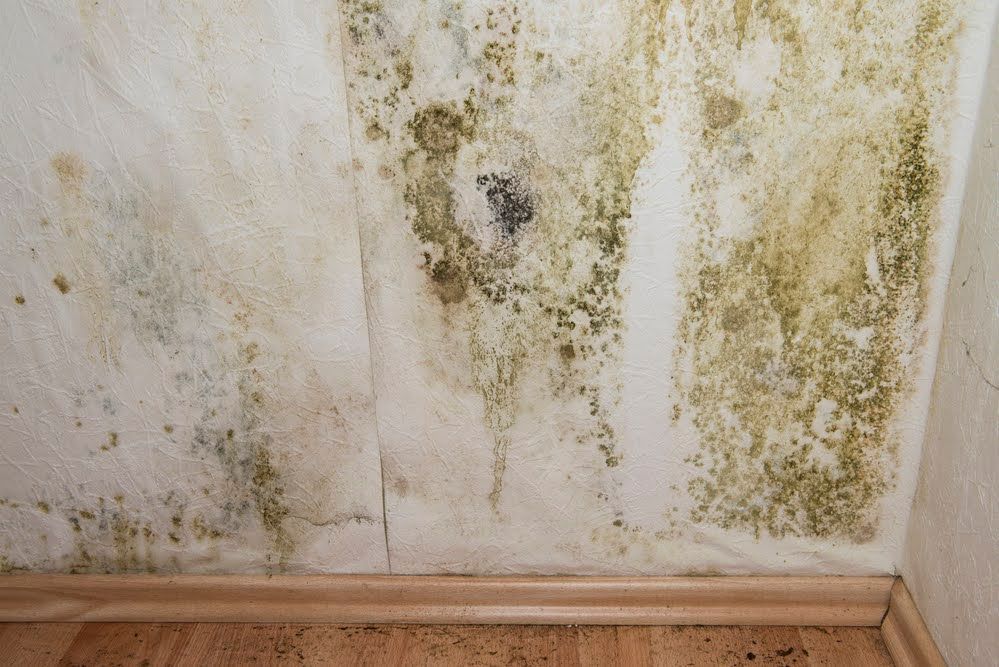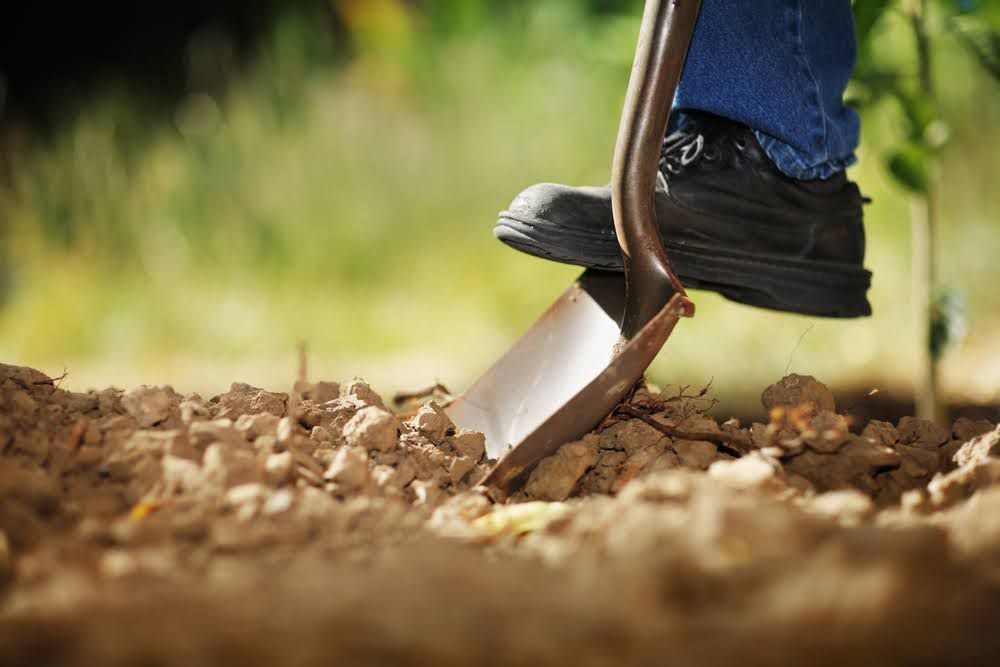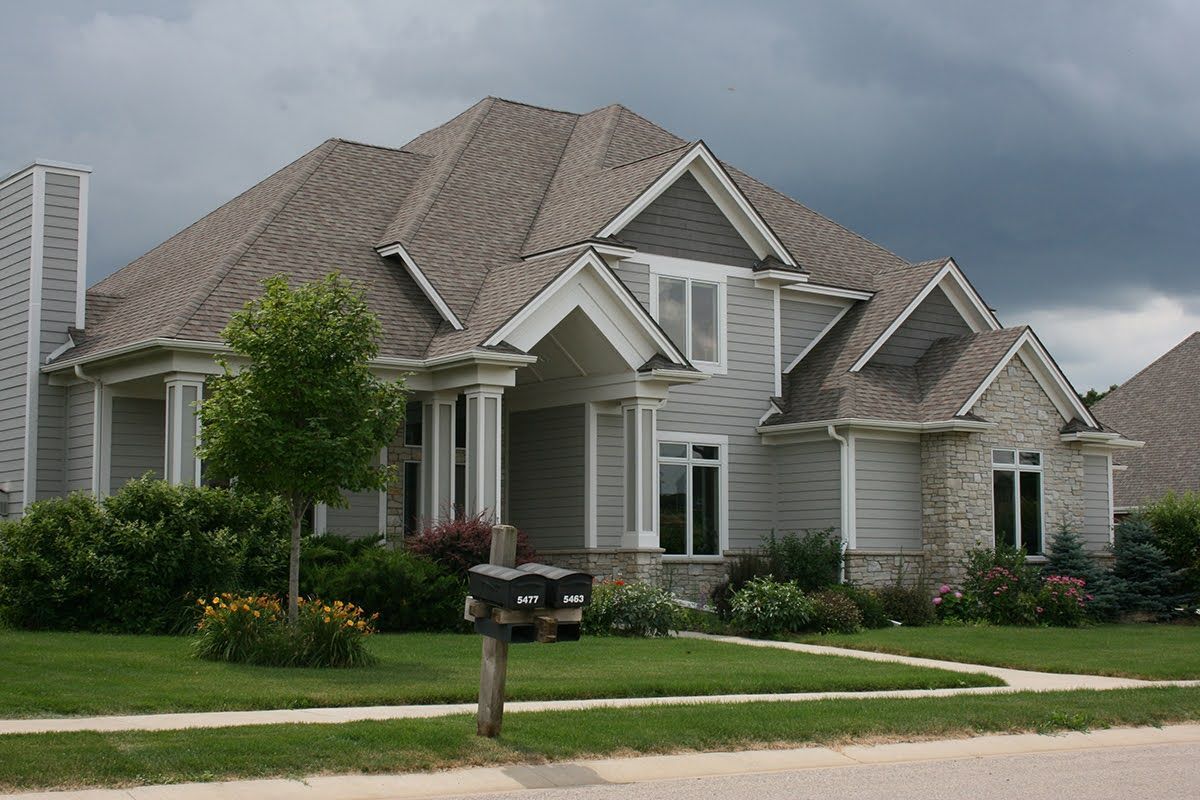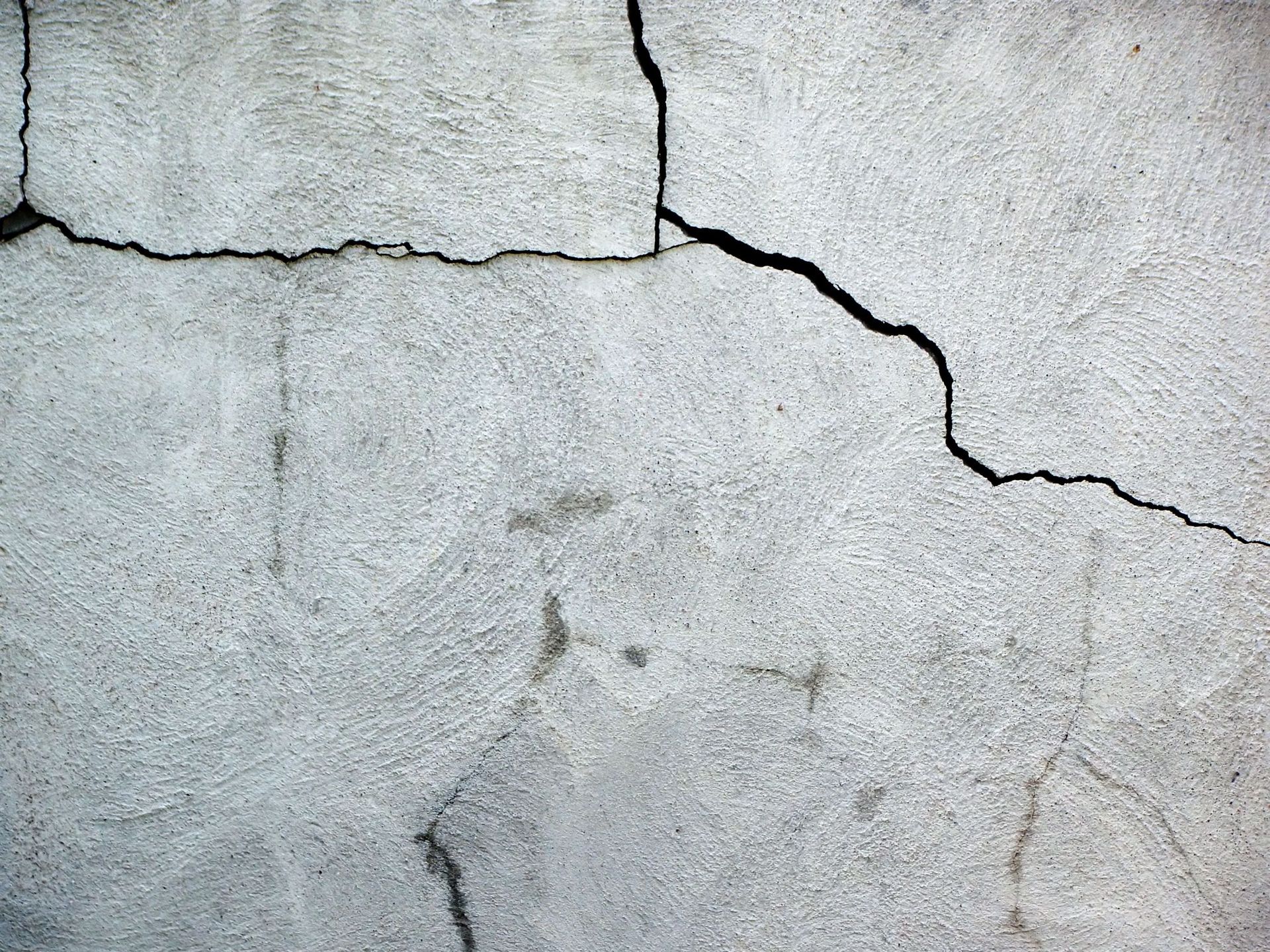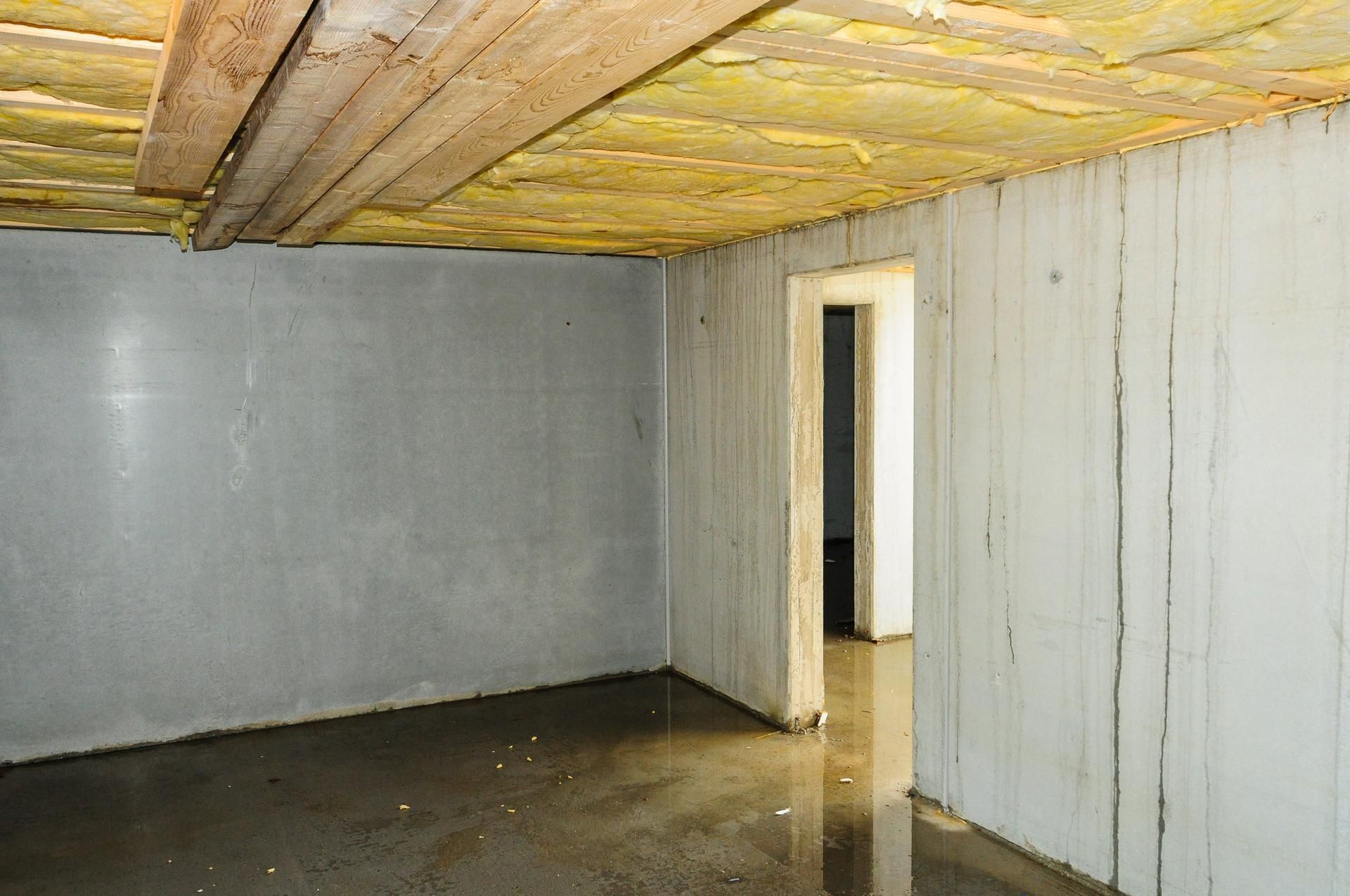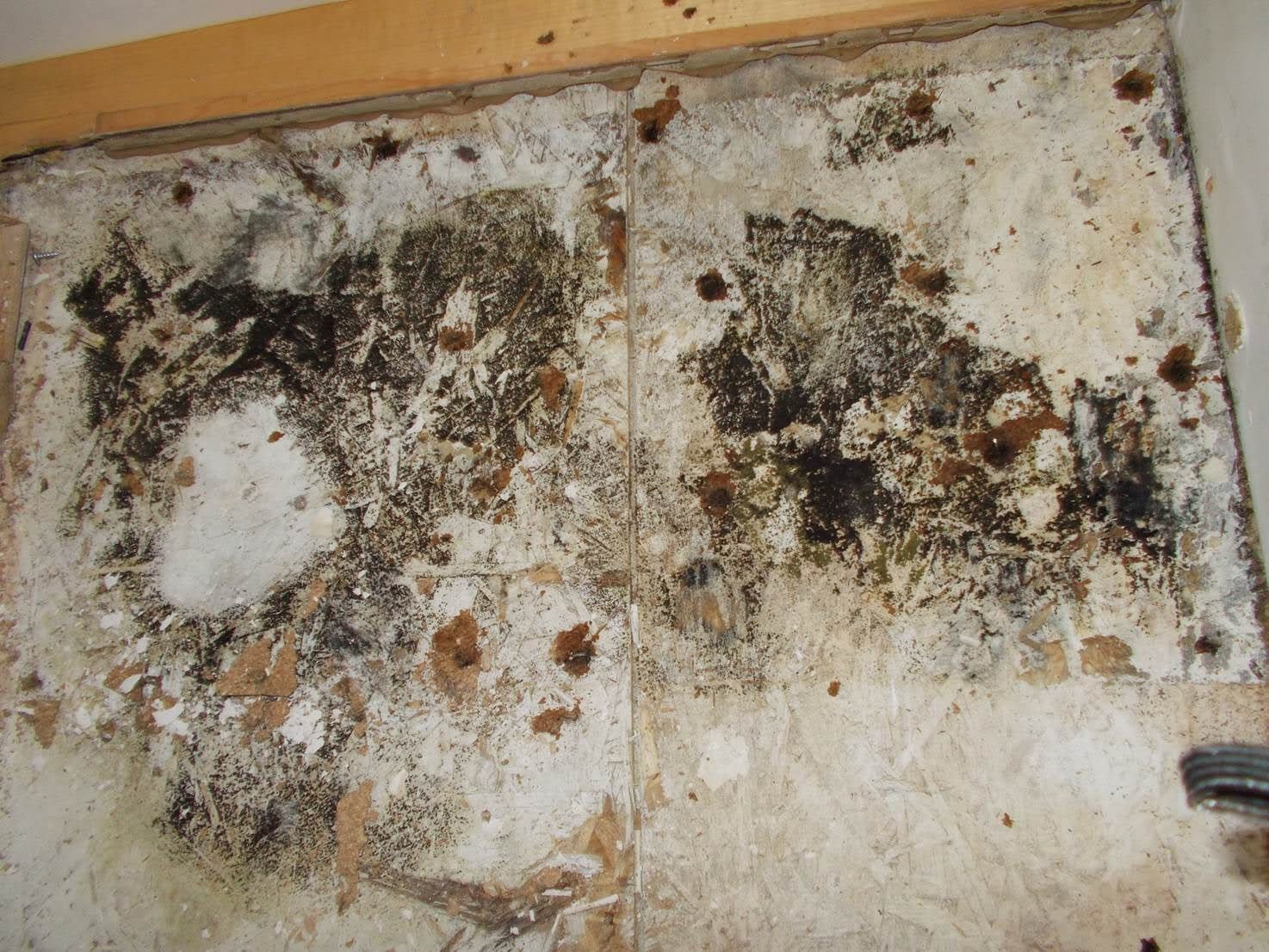Best Ways To Prevent Basement Flooding

Basement flooding can be a homeowner's nightmare, causing extensive damage and financial strain. Fortunately, there are proactive measures you can take to safeguard your home from this potential disaster. Here are some of the best ways to prevent basement flooding and protect your investment.
Invest in Flood Detection Systems
Flood detection systems are advanced monitoring solutions designed to identify and alert homeowners to potential flooding risks, particularly in basements. These systems employ sensors strategically placed in vulnerable areas, such as near water heaters, sump pumps, or floor drains. The sensors detect abnormal water levels and trigger immediate notifications to homeowners, providing an early warning system against potential flooding.
By promptly alerting residents to rising water levels, flood detection systems enable quick response actions, such as activating sump pumps or addressing leaks before significant damage occurs. This early intervention helps prevent basement flooding and minimizes the costs of water damage repairs and the loss of valuable possessions.
These systems often come with remote monitoring capabilities, allowing homeowners to receive alerts on their smartphones or other devices, enhancing accessibility, and enabling timely action even when away from home.
Inspect the Foundation of Your Home
Your home's foundation serves as the bedrock for its structural integrity. Regular inspections for cracks, gaps, or signs of water seepage are essential. Prompt attention is crucial to prevent further damage if any issues are identified.
Applying waterproofing solutions, such as sealants or coatings, to vulnerable areas can create an additional barrier against water infiltration.
Check On Basement Windows
Basement windows are often overlooked, yet they can be vulnerable points for water entry. Ensuring these windows are properly sealed and well-maintained is imperative. Consider installing window well covers to provide extra protection against rainwater, debris, and potential pest infiltration. Regular cleaning and inspection of your basement windows contribute significantly to maintaining a watertight barrier, reducing the risk of basement flooding.
Install a Sump Pump
Typically installed in a pit or "sump" dug into the lowest point of a basement or crawl space, this pump helps manage water accumulation. When excess water enters the sump pit, the pump activates, expelling the water away from the building's foundation.
These pumps are particularly beneficial in areas prone to heavy rainfall or high water tables. By swiftly removing water from the basement, they mitigate the risk of flooding, preventing structural damage and mold growth, and safeguarding valuable belongings. In short, sump pumps play a pivotal role during heavy rains or when snow melt occurs, ensuring that water doesn't accumulate and seep into the basement.
Consider a Battery Backup for Sump Pumps
Power outages often accompany severe storms, precisely when you need your sump pump the most. Investing in a battery backup system for your sump pump provides an added layer of security. This ensures that your pump continues to function even during electrical failures, minimizing the risk of basement flooding in critical situations.
Keep an Eye on Water-Use Appliances and Their Connections
Appliances such as washing machines, water heaters, and dishwashers located in the basement can become potential sources of water damage if not properly maintained. Regularly check for leaks, inspect hoses, and replace them at the first signs of wear. This proactive approach to appliance maintenance is essential to prevent unexpected water damage, contributing to a dry and secure basement environment.
Extend Downspouts and Ensure Proper Drainage
Inadequate drainage is a common cause of basement flooding. Extending downspouts to direct rainwater away from the foundation is a simple yet effective solution. Regularly inspect and maintain these drainage features to ensure their effectiveness over time.
Another option is to work with Central Penn Waterproofing. Our team of experts can waterproof your basement to prevent and mitigate the effects of potential flooding in the future.
Contact Information
Email: hopecarson3@aol.com


